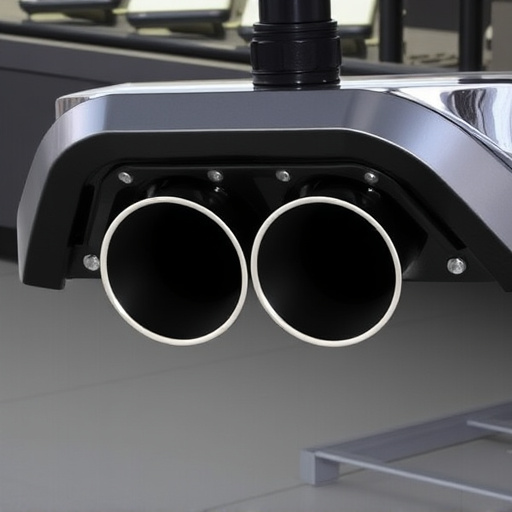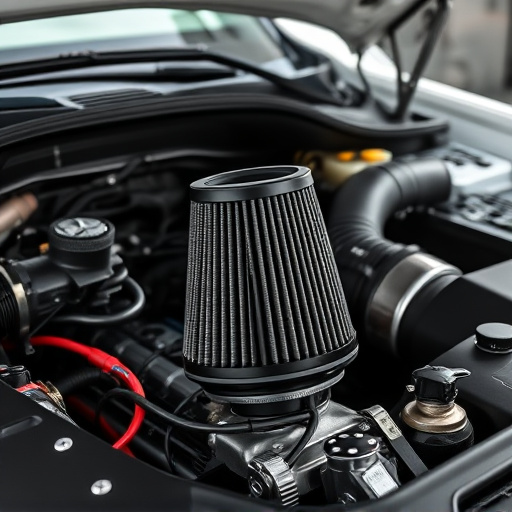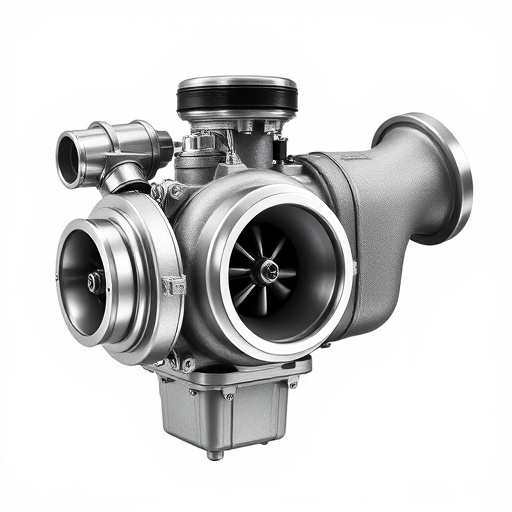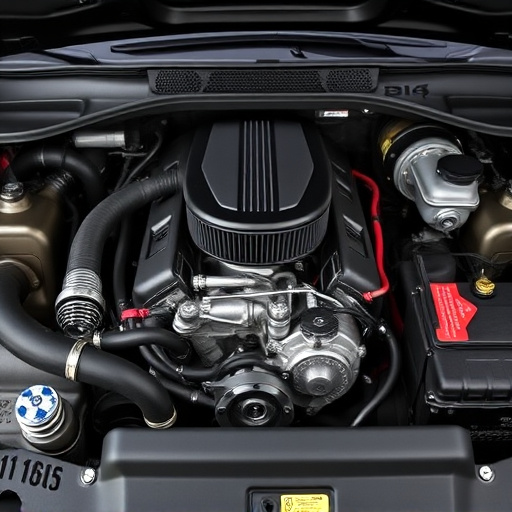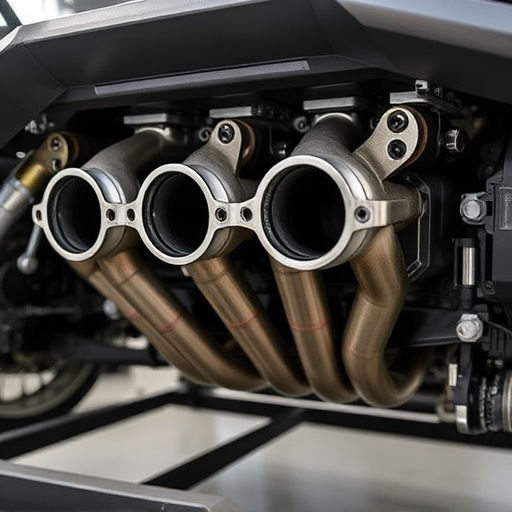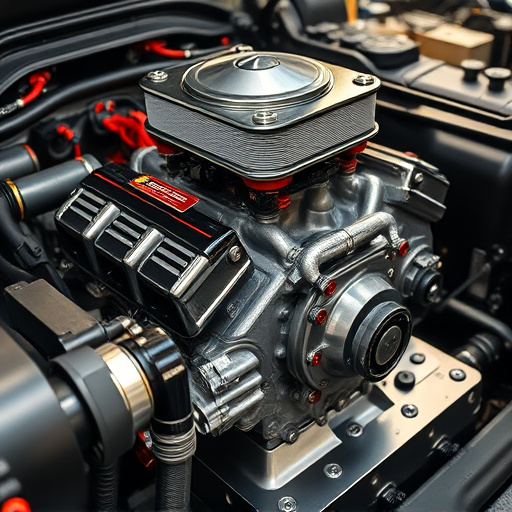Resonator delete modifications enhance exhaust sound and performance but increase noise levels and may void warranties. Installation requires caution to comply with noise pollution laws and ensure safety.
Considering a resonator delete for your vehicle? This modification promises a deeper, more aggressive exhaust note—but is it worth the potential legal ramifications and safety concerns? This article delves into the resonator delete process, explores its pros and cons, and guides you through legal and safety considerations. By understanding these aspects, you can make an informed decision about whether this modification suits your needs.
- Understanding Resonator Delete: The Basics Explained
- Pros and Cons: Weighing the Benefits of louder exhaust
- Legal and Safety Considerations: What You Need to Know
Understanding Resonator Delete: The Basics Explained
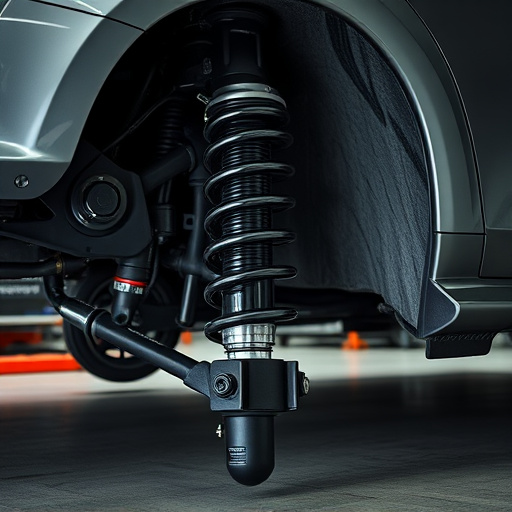
Resonator delete is a modification that involves removing or blocking the resonator, a component in an exhaust system designed to reduce noise vibrations. This process amplifies the sound coming from the exhaust, making it louder and more aggressive. The resonator’s primary function is to mitigate the drone-like sounds produced by the exhaust notes, especially at certain RPMs. By deleting this part, drivers gain access to a deeper, more robust exhaust tone that many automotive enthusiasts appreciate for its performance and aesthetic appeal.
This modification is often pursued by those looking to enhance their vehicle’s sound, particularly in high-performance cars or custom builds. It can be paired with other upgrades like coilover kits for precise handling and air filter kits for improved airflow, creating a well-rounded performance enhancement package. However, it’s essential to consider that resonator delete may not suit every driver’s preferences, as it increases noise levels, which could be disruptive in certain environments or situations.
Pros and Cons: Weighing the Benefits of louder exhaust
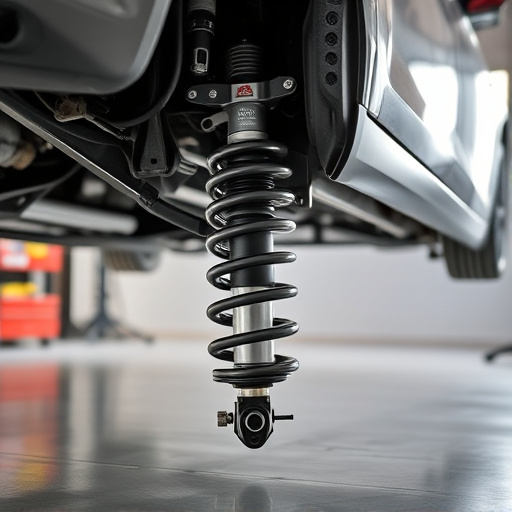
Resonator delete for louder exhaust has become a trend among car enthusiasts looking to enhance their vehicle’s sound and performance. This modification involves removing or altering the resonator, a component in the exhaust system designed to reduce low-frequency noise. While it may seem counterintuitive, many drivers opt for this upgrade due to its potential benefits.
Pros include a more aggressive and sporty exhaust note that can significantly improve the overall driving experience, especially when combined with high-performance parts like cold air intakes. It also allows for better airflow, which can lead to increased engine power and efficiency. However, there are drawbacks to consider. A resonator delete could result in a loud, obnoxious noise level that may be distracting or even harmful to hearing over extended periods. Additionally, it might void the vehicle’s warranty, and improper installation could lead to exhaust system damage or reduced performance. Thus, it’s crucial to weigh these pros and cons before making the decision to modify your car’s exhaust.
Legal and Safety Considerations: What You Need to Know

When considering a resonator delete for your vehicle’s exhaust system, it’s crucial to be aware of legal and safety considerations. In many regions, modifying exhaust systems is regulated by strict laws aimed at ensuring road safety and minimizing noise pollution. Installing a resonator delete, which removes the resonator from your cat back exhaust, could potentially alter your vehicle’s sound level beyond legal limits.
High performance parts like resonator deletes can indeed enhance vehicle performance by reducing backpressure in the exhaust system, leading to increased engine efficiency. However, this modification must be done carefully. Unregulated noise levels not only disturb neighbors but may also pose safety risks, especially if they obscure important sounds from your vehicle’s warning systems. Always ensure compliance with local regulations and prioritize both legal adherence and personal safety before making any modifications.
A resonator delete can significantly enhance your vehicle’s exhaust sound, but it’s crucial to balance this with legal requirements and safety. Weighing the pros and cons, while considering local regulations, will help determine if a louder exhaust is worth it for your ride. If done correctly, it can transform your driving experience without compromising safety or legality.








